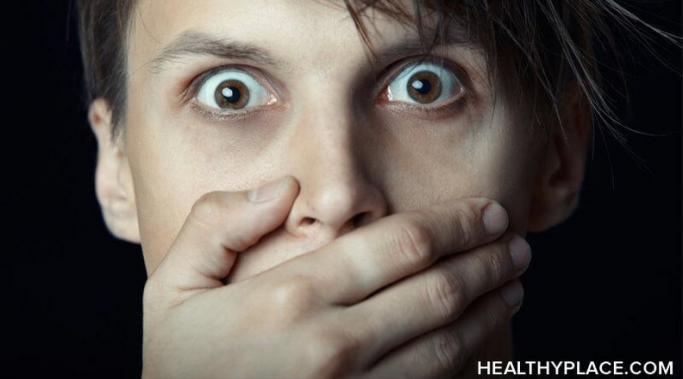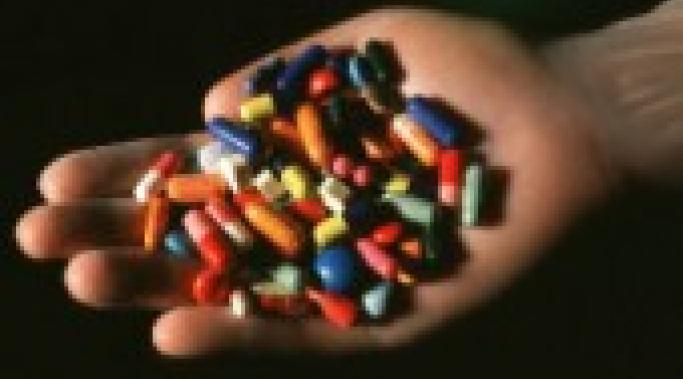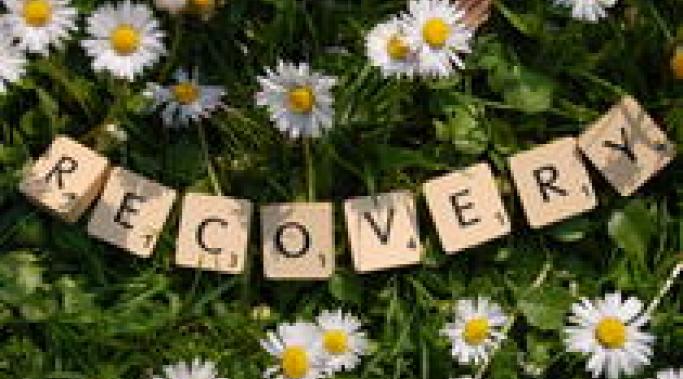When you are in the process of recovering from a chronic mental illness, when you have achieved a state of remission and are free from psychiatric symptoms, you will never forget the impact, the memories, of when you were sick. The flashbacks.
Recovering from Mental Illness
Mental illness is chronic in nature. It is, by its very definition, a disease. I, like many other people who struggle with mental illness, have a hard time digesting and accepting the words chronic and disease. A person with a disease is sick. A person with a chronic disease is consistently sick.
Does Having a Chronic Mental Illness Mean That I am Sick?
Yes, and no. An example: if you have bipolar disorder you have a chronic illness but if you are in recovery, the mental illness is in remission. You are then considered well; the illness remains but you are free of symptoms or they are drastically reduced.
In late September, the clouds replace the sunshine and summer becomes fall. The dates differ depending on where you live, but the impact on those who struggle with seasonal affective disorder (SAD), aka seasonal depression, are often felt before the date determines it.
I am blessed with fantastic and supportive relationships in my family. When I was twelve years old and in the children's psychiatric hospital, my parents and siblings would visit whenever they could. They brought me chocolate and teddy bears, tears and promises that I would be home soon. But bipolar disorder, or any mental illness really, can either destroy relationships or enhance them. And that's okay. Let some relationships go, and make sure you keep the supportive relationships.
The word recovery is often socially defined as the achievement of health after a period of illness. Recovery is thought to be consistent and often connected to a physical illness. Recovery, when connected to a chronic mental illness, is different; the word itself holds more weight. The process from sickness to health is not absolute in nature. It is transient, and can change with the seasons or be triggered by life events.
I was watching TV last night, absentmindedly flipping through the stations, when I settled on an advertisement for Seroquel. The woman in the commercial is flying a kite. She is laughing without abandon. The sun shines just for her and a border collie stands beside her; he smiles with his eyes and wagging tail. In sum: she looks like she just won the lottery. And maybe she has: it seems that Seroquel has made her well. She can fly kites now. Bravo.
When I walk into my psychiatrist’s office, I often feel like I am wearing a shirt stating: people with a serious mental illness will require medication for the rest of their lives. It is a tough pill to swallow−pardon the pun−but something I think about often.
I was twelve years old when I was diagnosed with bipolar disorder. That same year, I was diagnosed with attention deficit disorder, oppositional conduct disorder, and anxiety disorder. Point in case: I was a very sick and a terribly confused young woman. I spent many years in and out of hospitals; my body was laced with different combinations of medications. Three years later, at the age of fifteen, I became well.
My name is Natalie Jeanne Champagne and welcome to my blog, Recovering from Mental Illness. I am twenty-six years old and am a freelance writer among other things. (People are, of course, much more than their chosen profession!) I have spent the last couple of years working to lessen the stereotype of mental health issues and this blog will reflect that.
I have published a book, "The Third Sunrise: A Memoir of Madness" on my experience with bipolar disorder and addiction. You can learn more about it on my website @ www.thethirdsunrise.com








